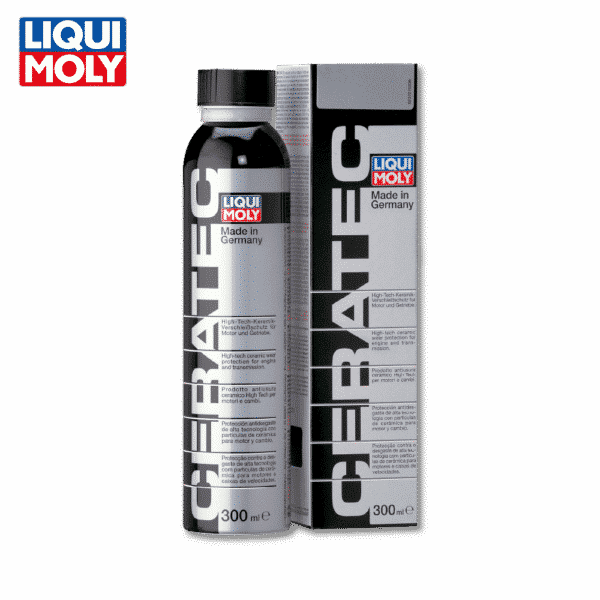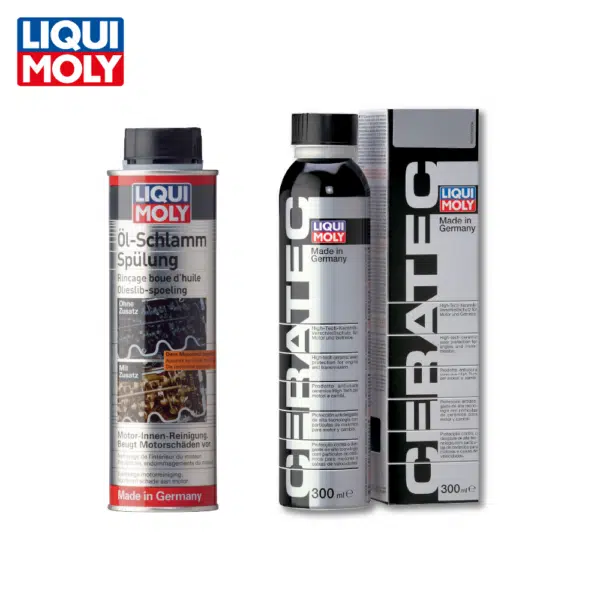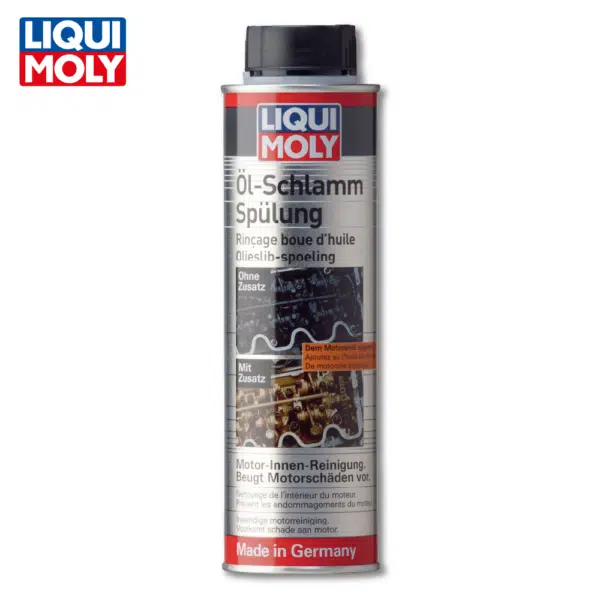How do I know if my catalytic converter is dirty or clogged?
There are several signs that may indicate a dirty catalytic converter:
Reduced engine performance: A dirty catalytic converter can restrict exhaust flow, causing a decrease in engine power and acceleration.
Increase in fuel consumption: A restricted catalytic converter can cause the engine to work harder, leading to an increase in fuel consumption.
Check engine light: A dirty catalytic converter can trigger a “check engine” light due to a sensor malfunction.
Rotten egg smell: A sulfur odour coming from the exhaust may indicate a problem with the catalytic converter.
Black smoke from exhaust: Black smoke coming from the exhaust may indicate a problem with the catalytic converter.
Loud noise coming from the exhaust: A blocked catalytic converter can cause the exhaust system to make a louder noise.
Overheating: A blocked catalytic converter can cause the converter to overheat and potentially cause damage to other parts of the exhaust system.
It’s important to note that these symptoms can also be caused by other issues and a proper diagnosis should be done by a professional.
How to clean the catalytic converter?
Cleaning a catalytic converter can be done in several ways, but it’s important to note that some methods may not be effective or may cause damage to the converter. Here are a few methods that are commonly used to clean catalytic converters:
Chemical cleaning: This method involves using specialized cleaning solutions that are poured into the fuel tank. These chemicals are designed to dissolve and remove any built-up carbon and debris in the catalytic converter.
Mechanical cleaning: This method involves using specialized tools to physically remove any built-up carbon and debris in the catalytic converter. This method can be effective, but it also has a risk of damaging the converter.
Driving the car: Sometimes, driving the vehicle for an extended period of time can help to burn off and remove built-up carbon and debris in the catalytic converter. This method can be effective, but it may take a long time and can also cause other issues if the catalytic converter is severely blocked.
It’s important to note that cleaning a catalytic converter should only be done by a professional mechanic. Improper cleaning methods can cause damage to the converter and may not be effective in removing all of the blockages. If the catalytic converter is blocked or damaged, it’s best to replace it.
It’s also important to note that, while a clogged catalytic converter can be cleaned, it can also be caused by a malfunctioning engine or other issues. Therefore, it’s important to have your vehicle properly diagnosed by a professional to determine the underlying cause of the problem before attempting to clean the catalytic converter.

How can I clean the catalytic converter myself?
-
LIQUI MOLY Ceratec£20.40
-
Premium Oil Change Set£37.23
-
LIQUI MOLY Oil Sludge Flush£16.83
LIQUI MOLY is the German quality leader in the field of fuel additives that clean the catalytic converter by removing carbon build-up.

Here’s how you can use the product:
Purchase the appropriate Liqui Moly Catalytic Converter Cleaner fuel additive for your vehicle.
Add the entire bottle of additive to your vehicle’s half-full or full fuel tank.
Drive your vehicle for at least 150 miles to allow the additive to circulate through the engine and catalytic converter fully.
Repeat the process every 4,000 miles or as recommended by the manufacturer.
It is important to note that using a fuel additive like Liqui Moly may not always be the best solution to clean a clogged catalytic converter. If your catalytic converter is severely clogged or damaged, it may need to be replaced. It is always recommended to consult a professional mechanic to diagnose the problem and recommend the best solution.
How can I prevent my catalytic converter from clogging?
There are a few ways to prevent a catalytic converter from clogging:
Use high-quality fuel: Using high-quality, unleaded gasoline can help prevent clogs from forming in the catalytic converter.
Regularly maintain your vehicle: Regularly performing routine maintenance, such as oil changes, can help keep the engine running smoothly and prevent clogs from forming in the catalytic converter.
Avoid using leaded gasoline: Leaded gasoline can cause damage to the catalytic converter and lead to clogs forming.
Avoid idling for long periods of time: Idling for long periods of time can cause the catalytic converter to overheat, which can lead to clogs forming.
Avoid using aftermarket or low-quality parts: Using aftermarket or low-quality parts can increase the risk of clogs forming in the catalytic converter.
Avoid overloading your vehicle: Overloading your vehicle can cause excessive wear and tear on the engine, which can lead to clogs forming in the catalytic converter.
Avoid using fuel additives or octane boosters that are not approved by the vehicle’s manufacturer.
It is always a good idea to consult your vehicle’s manual, and follow the manufacturer’s recommendations.




